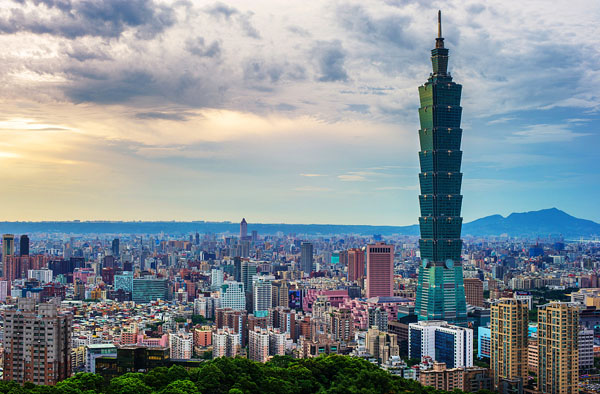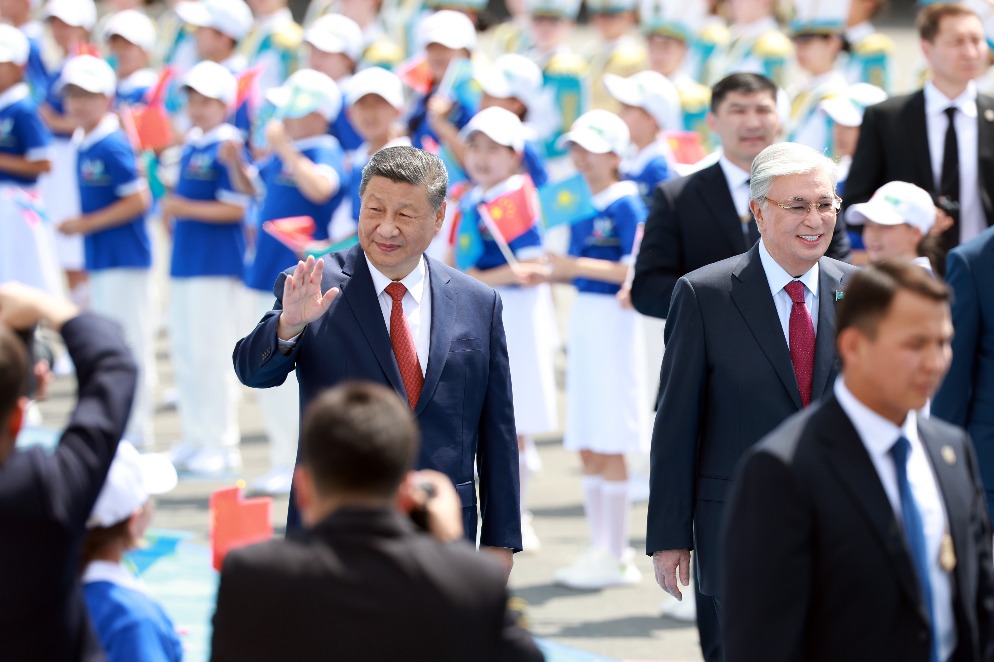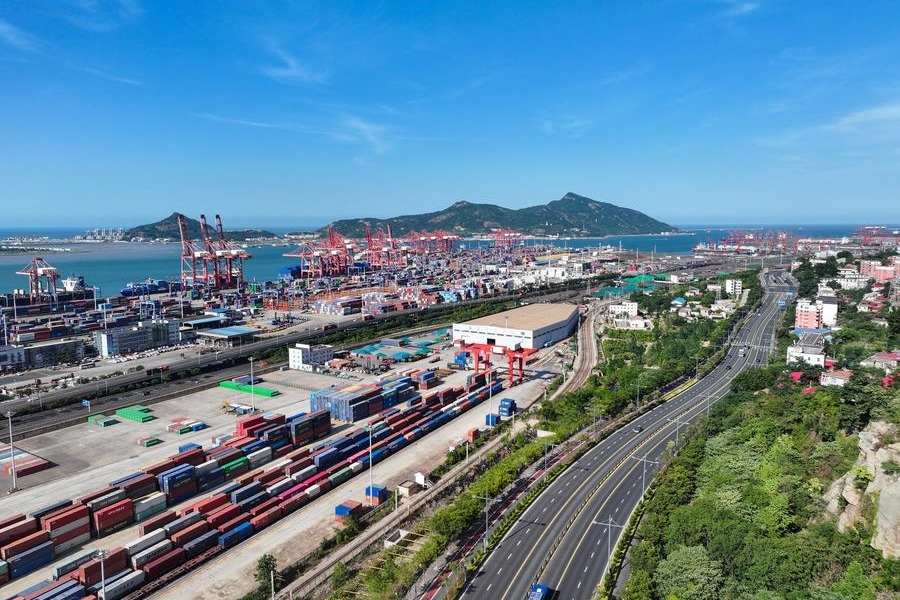US must stop meddling in Taiwan question


The United States has continued undermining the already frigid Sino-US relationship, with US House Speaker Nancy Pelosi's provocative visit to Taiwan on Aug 2 and the passing of the "Taiwan Policy Act of 2022", which challenges China's sovereignty and territorial integrity, by the US Senate Foreign Relations Committee, causing immense damage to bilateral ties.
It's high time, therefore, that the two sides prevented bilateral differences and disputes from spiraling into conflict, which can have disastrous consequences.
The shattering of cross-Straits peace and stability is the last thing Beijing wants, while the biases Washington has against Beijing — reflected in the change in Washington's policy toward Taiwanare important factors that have worsened Sino-US relations.
Washington has toughened its policy toward Beijing and made noticeable changes in its Taiwan policy because of three major reasons.
First, Washington regards Beijing as the disruptor of the US-designed strategic balance across the Taiwan Straits and the region beyond. But Taiwan is an integral part of China, and the international community including the US recognizes that fact. And despite its rapid economic development and increasing comprehensive national strength, the Chinese mainland does not intend to use force to reunify Taiwan with the motherland unless it is compelled to do so.
Second, despite instigating the Russia-Ukraine conflict, the US is frustrated that the events are not panning out according to its plan. So it wants to consolidate its presence around and control Taiwan.
However, the Ukraine crisis is different from the Taiwan question. The Taiwan question is an internal affair of China, and most of the countries around the world support the one-China principle that there is only one China, and Taiwan is an integral part of China. Also, United Nations Resolution 2758 of 1971 recognizes that the government of the People's Republic of China is the sole legal representative of the whole of China.
Indeed, the mainland will try its best to realize peaceful unification. According to the report submitted to the 20th National Congress of the Communist Party of China on Oct 16, Beijing resolutely opposes Taiwan separatist forces seeking "Taiwan independence" and foreign interference in cross-Straits affairs, and has the will and ability to steer cross-Straits relations in the right direction.
Third, the US is frustrated also because the direction China's sociopolitical development has taken is the exact opposite of Washington's expectations. But the US' expectations were (and are) based on its misinterpretation of the adjustments China has made to its domestic and foreign policies in the new era, in order to improve the Chinese people's well-being and safeguard the country's rights and interests.
To be sure, bilateral ties have deteriorated because of the US' deep-rooted bias against China. It is this bias that makes the US believe it stands for democracy while China represents authoritarianism. The US' prejudice against China also prevents it from understanding the mainland's true development goals and prompts it to "protect Taiwan from the mainland".
The CPC leadership has gained in strength and foresight since the 18th CPC National Congress in 2012, and decided to carry out political rebalancing in accordance with the transformation of Chinese society and to resist the growing external interference in the country's internal affairs.
The US-led West instigated many of the "color revolutions" that pushed many countries into chaos and their people into misery, poverty and hunger — forcing many to flee their country or become refugees in their own country. And some Western forces, having failed to trigger a "color revolution" in the Hong Kong Special Administrative Region, are now trying to do the same in Taiwan. But they are doomed to failure.
Thanks to its comprehensive development, China's diplomacy today reflects the political development of the country from standing up to becoming strong, which is unsettling for the US. That's why the US is trying to force China to accept its terms for engagement. But the real problem is, the US fails to realize its diplomacy is arrogant and belligerent.
Therefore, to prevent China-US relations from worsening any further, the US should correct its stance on the Taiwan question and shed its bias against China.
But will the US engage in self-introspection?
The US should be aware that China is no longer the weak developing country it was four decades ago. Today, it has the capability and determination to better safeguard its sovereignty and territorial integrity including by foiling any attempts to split the Taiwan island from the motherland.
As the Resolution of the 20th Party Congress on the Revised Constitution of the CPC said, China will strengthen the military through reform, science and technology, and personnel training, and elevate the people's armed forces to world-class standard to fully and resolutely implement the policy of "one country, two systems", and firmly oppose and deter separatists seeking "Taiwan independence".
These revisions reaffirm the Party's commitment to building a strong military with Chinese characteristics, implementing the "one country, two systems" policy, and advancing national reunification. This means Taiwan was, is and will remain an inalienable part of China in spite of the US' designs.
The author is an associate research fellow at the Institute of World Economics and Politics, Chinese Academy of Social Sciences.
The views don't necessarily represent those of China Daily.
If you have a specific expertise, or would like to share your thought about our stories, then send us your writings at opinion@chinadaily.com.cn, and comment@chinadaily.com.cn.
































